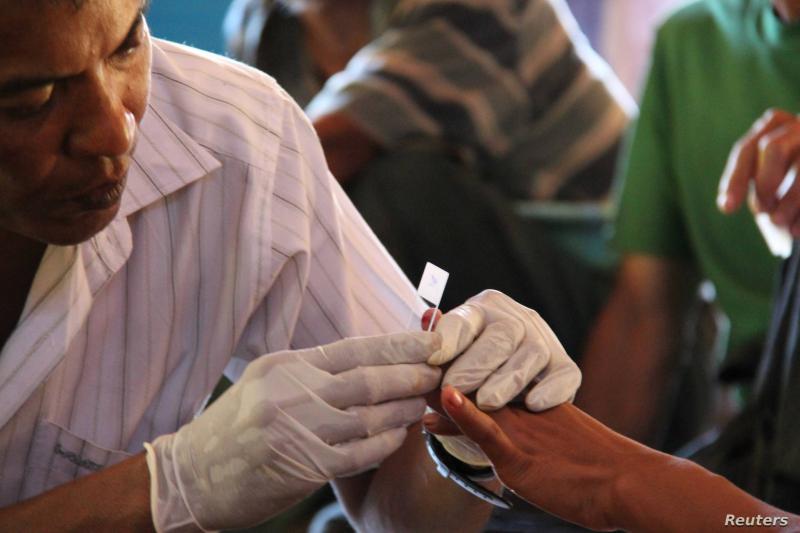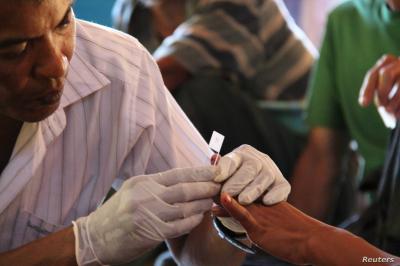Under the title "New Malaria Mutations Similar to COVID-19," Al-Hurra reported that the COVID-19 pandemic has caused a decline in efforts to combat other global ailments. It appears that a new malaria strain may enhance the disease's ability to spread, according to a report from Science Alert. Research conducted by the Ethiopian Public Health Institute indicated that approximately 10% of malaria cases are being overlooked due to a new mutation that rapid diagnostic tests (RDTs) fail to detect, thereby increasing the disease's spread.
Syndio Felik, an expert at the Ethiopian Institute, stated that "the new mutation is capable of largely hiding, as test results come back completely negative," which he considers to heighten its risk to public health in the country. Jonathan Barr, an infectious disease researcher at the University of North Carolina, confirmed that "false or incorrect results have led to misdiagnosis and deaths whose causes were unknown," adding that this mutation serves as a reminder of "the danger of malaria and that its pathogens are still present and must be addressed."
The research arrived at this conclusion after studying blood samples from over 12,500 patients along the Ethiopian borders with Eritrea and Sudan. While the direct cause of the emergence of the new “pfhrp2” mutation has not been identified, the issue lies in the absence of alternative methods besides rapid diagnostic tests (RDTs) to detect and attempt to eradicate the disease, according to Barr. The study explained that the new mutation hides certain parasites that typically appear in tests and on which diagnoses are based, emphasizing the need to develop advanced tools to monitor the development and spread of the strain in the Horn of Africa.
Malaria resulted in over 400,000 deaths in 2019, with most victims being infants and young children. The COVID-19 pandemic has caused a severe setback in the battle against other global ailments such as HIV, tuberculosis, and malaria, as reported by The Global Fund. Before the pandemic, the world was making significant strides against these diseases, with overall deaths decreasing by nearly half since 2004. The pandemic overwhelmed hospitals and disrupted supply chains for tests and treatments in many poor countries, while fewer people sought diagnosis or treatment for other diseases due to fears of contracting COVID-19 at clinics. Some patients were denied care because their symptoms, such as cough or fever, resembled those of COVID-19.




